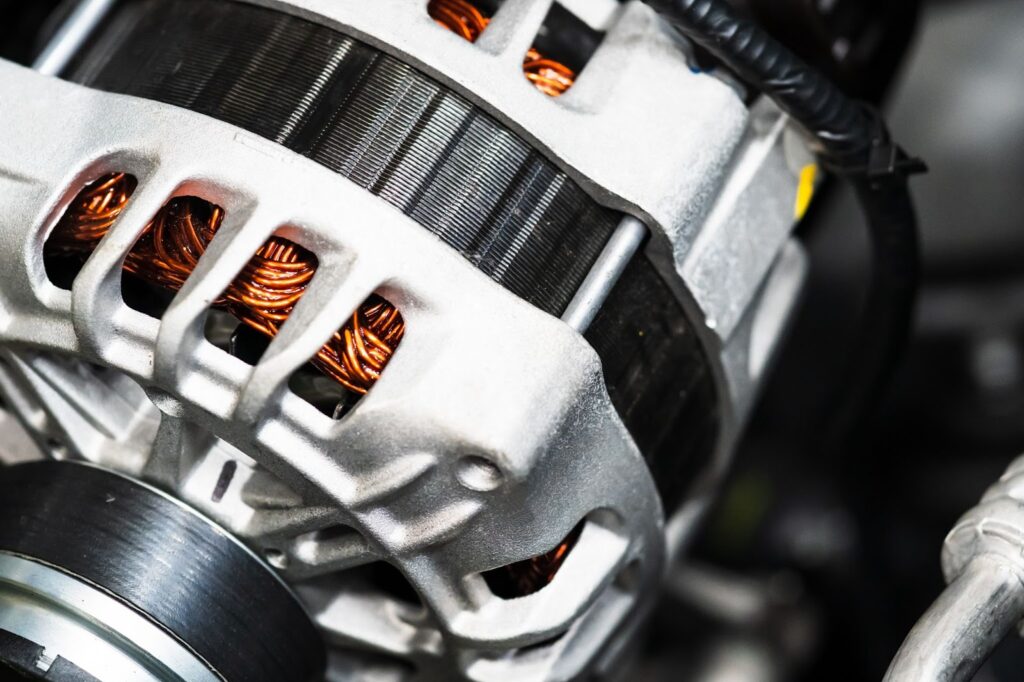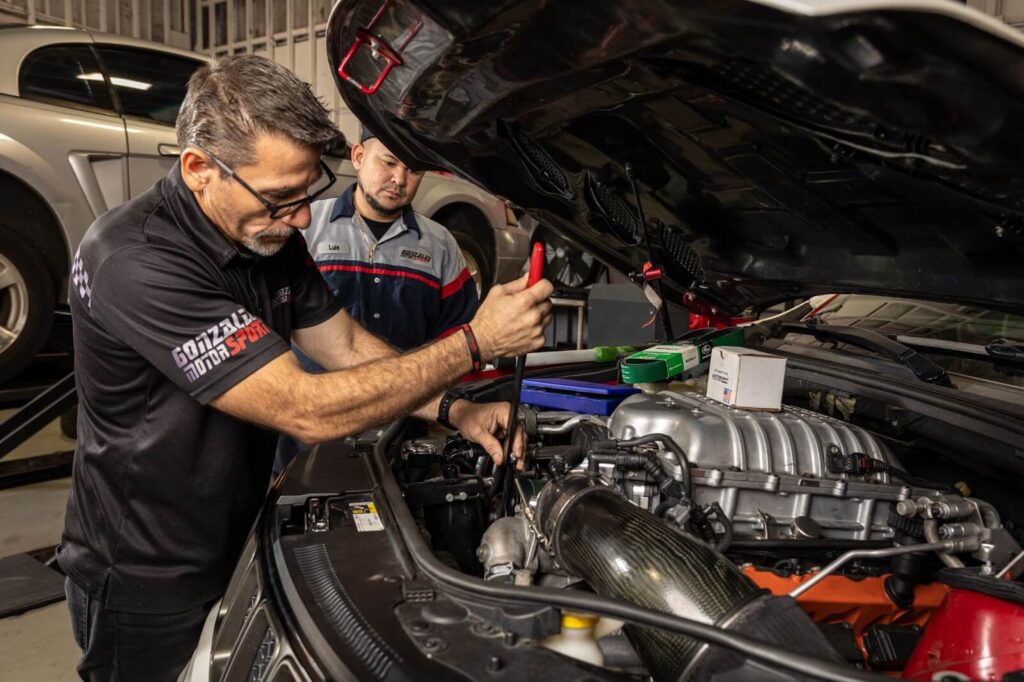When it comes to high performance vehicles, the engine is the heart of the machine. And just like our own hearts, engines need regular maintenance to keep them running at their best. One of the most important maintenance tasks for a high performance engine is regular oil changes. This is especially true for Dodge Challenger models, which are powered by the Hemi V8 engine. In this article, we will explore the importance of oil changes for high performance vehicles, with a focus on the Dodge Challenger and its Hellcat trim level. We’ll also take a look at some performance upgrades, such as engine tuning and ECU tuning, that can help you get the most out of your Dodge Challenger.
Why regular oil changes are crucial for high performance engines
Engines generate heat as a result of combustion and the friction of the moving parts. As this happens, contaminants like dirt, water, and carbon are mixed in with the oil and are either burnt off or are trapped inside the engine by the oil. If this happens, the oil becomes less effective at protecting critical engine parts, including the pistons and cylinder walls. Eventually, microscopic wear and tear causes the volume of oil to fall and can result in decreased engine performance. To prolong the life of your engine, you need to ensure that the oil is kept clean and fresh. This can be done by changing the oil regularly. Most modern high performance engines recommend an oil change interval of around 5,000 miles. If you take your Dodge Challenger to the track, you may need to change the oil more often.
Understanding the importance of synthetic oil for the Dodge Challenger Hellcat
The majority of modern vehicles come with an engine oil sensor that measures the oil’s temperature and viscosity (more on viscosity in a bit). Depending on the readings, the computer in the vehicle will signal you to get your oil changed, sometimes as quickly as 3,000 miles. While this may be a good rule of thumb for the average driver, it’s not a good idea for performance vehicles like the Dodge Challenger Hellcat. One reason for this is that synthetic engine oils can operate at higher temperatures than conventional oils. While conventional oil should be changed once it reaches around 220 degrees Fahrenheit, synthetic oil can withstand temperatures up to 350 degrees Fahrenheit, which means you can go longer between oil changes while ensuring engine longevity. Synthetic oil also resists thermal breakdown and is less vulnerable to shearing and oxidation than conventional engine oils. This can result in a smoother engine operation and a longer engine lifespan.
How engine tuning and ECU tuning can improve performance and prolong engine life
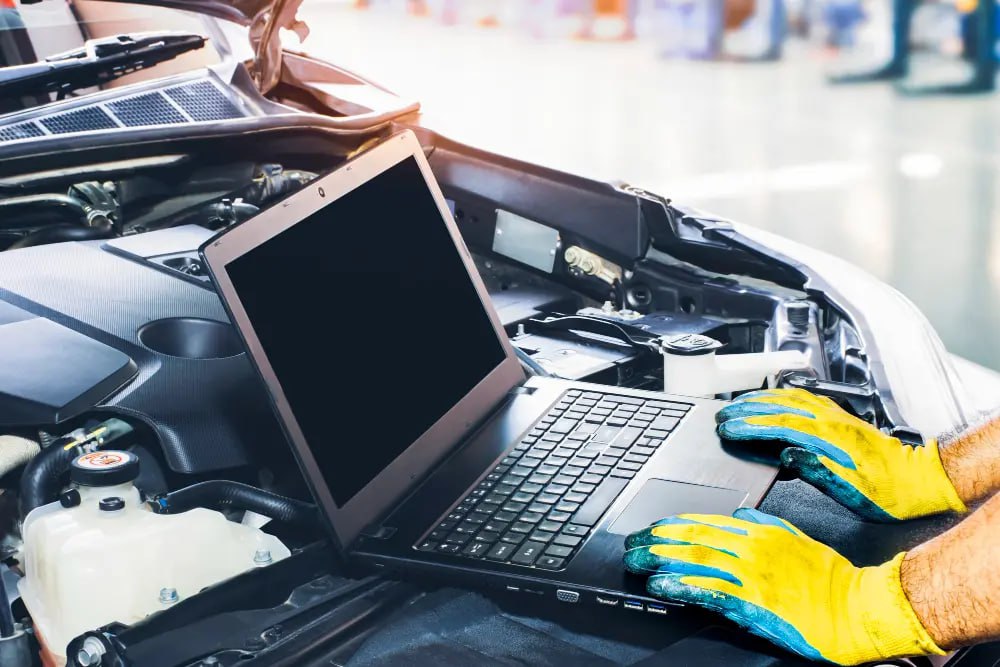
Engine tuning involves modifying the Dodge Challenger’s engine computer settings to deliver more power, better fuel economy, and more efficient engine operation. There are a variety of performance tuners available for the Dodge Challenger. Among the most popular are the Diablo SEM, PPE Super Charger, and SCT X4. Engine tuning can be done in a few ways. The most common form of engine tuning is to reprogram the engine computer with a different set of engine management settings. Another option is to add a performance chip that plugs into the computer and reprograms it. Carbon dioxide emissions are an important concern for modern governments, so many performance tuners offer features designed to help you maximize fuel economy. Depending on the performance tuner you choose, you may be able to improve the horsepower and torque of your engine, while improving fuel efficiency at the same time.
ECU tuning can also be used to improve engine operation and reduce emissions. When you use an ECU tuner, you are reprogramming the engine computer to deliver more power and better fuel economy. This is often done by altering the fuel-air ratio and spark timing. Unlike engine tuning, you don’t need to replace your computer to perform ECU tuning. This can be a great option if you don’t want to spend the money on a new computer.
The benefits of using a performance oil filter in your Dodge Challenger
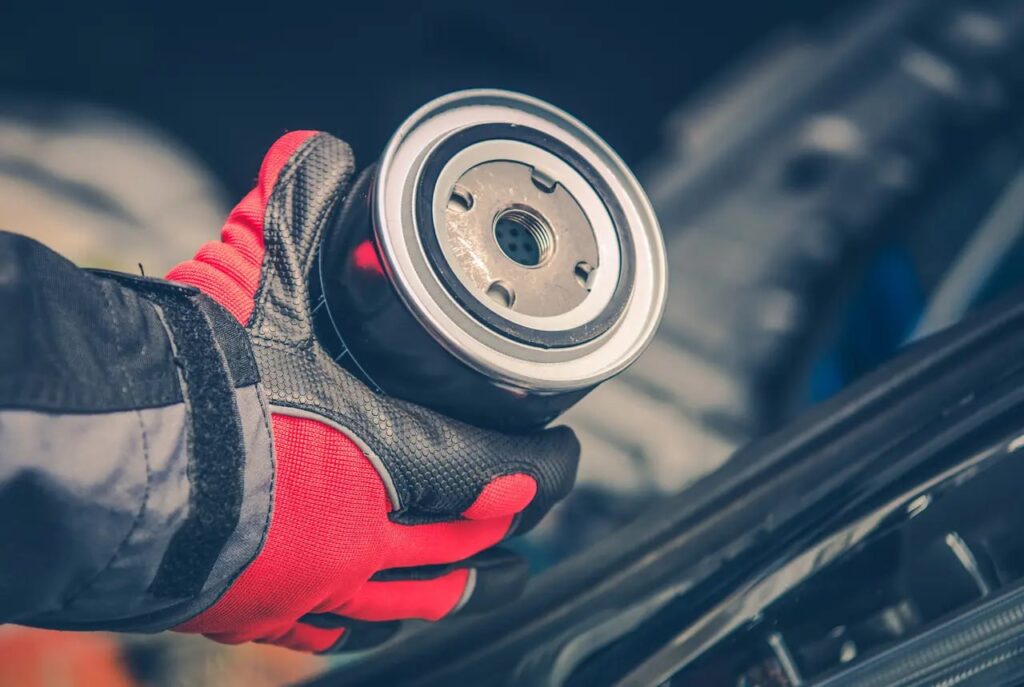
While conventional oil filters are better than nothing, there’s a better option for high performance vehicles. A high performance oil filter is specially designed to trap the contaminants that are harmful to your engine. Depending on the filter, it may filter down to 10 microns or less (the average conventional filter is around 30 microns). High performance oil filters can be used in combination with synthetic engine oils to provide even better protection against wear, heat, and contaminants. The best oil filter for your Dodge Challenger will depend on its engine type.
How often should you change the oil in your Dodge Challenger Hellcat?
As we mentioned above, the manufacturer-recommended oil change interval for the Dodge Challenger Hellcat is 5,000 miles. This may seem like a long time, but it’s important to understand that the interval is measured from the last oil change, not from when you purchased the vehicle. Let’s say you buy an almost-new Dodge Challenger Hellcat with just 4,800 miles on the clock. You follow the recommended service intervals, so you get your first oil change at the 5,000 mile mark. However, the previous owner didn’t get his first oil change until 14,000 miles. This means that the oil in your engine is older than the oil in the other owner’s car. As a result, it may have more contaminants and need to be changed before 5,000 miles. The best way to tell if your engine oil is ready for a change is to check the oil level and color.
The impact of driving style on oil change intervals for high performance vehicles
Some driving conditions can put your engine under more stress than others, leading to increased wear and tear. If you drive your Dodge Challenger regularly in demanding conditions, such as on a track, you may need to change the oil sooner than 5,000 miles. Hot weather can also increase the rate of oil breakdown, and may also necessitate a shorter oil change interval. If you drive aggressively, such as on the track or in auto cross, you may need to change the oil more frequently. Driving in stop-and-go traffic, such as in a city, may not put as much wear and tear on your engine. However, driving with the vehicle’s oil level too low may cause problems. You may also need to change the oil sooner if you drive frequently in dusty conditions.
The benefits of using a performance oil cooler in your Dodge Challenger
The oil in your engine is responsible for keeping it cool, lubricating the moving parts, and cleaning the engine as it breaks down. With all of these tasks, it can get pretty hot. In fact, the oil in your engine can reach temperatures as high as 400 degrees Fahrenheit. This is not only damaging to the oil but can also be dangerous, as hot oil can lead to engine damage. Using a performance oil cooler can reduce the oil’s temperature and protect your engine. And since the oil doesn’t get as hot, it breaks down more slowly, which means you can go longer between oil changes.
The importance of regular engine oil analysis for high performance vehicles
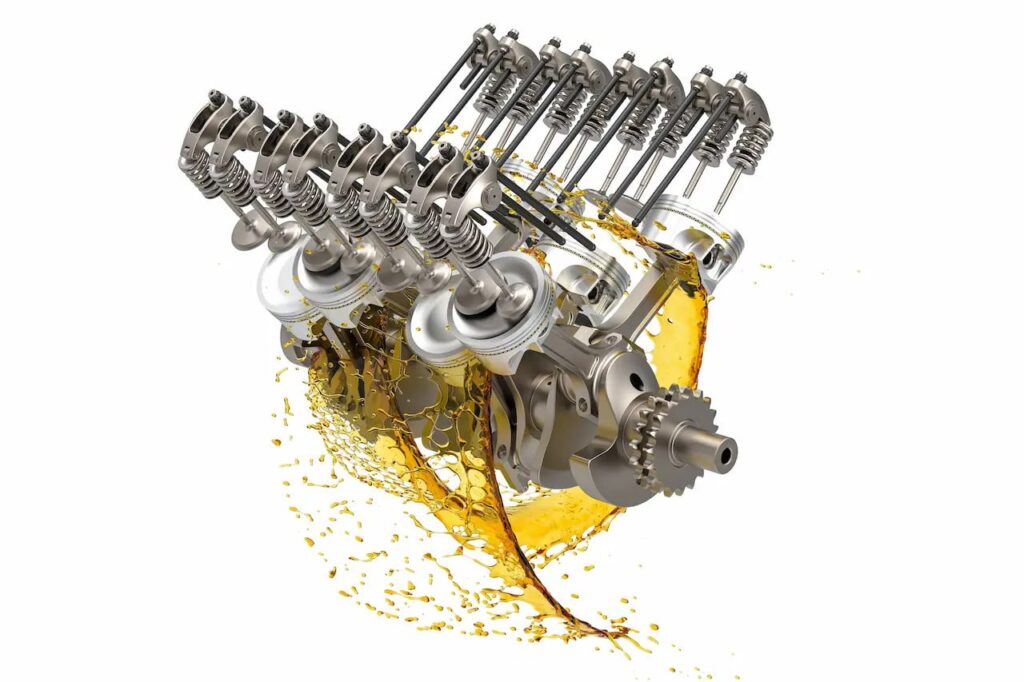
Every vehicle owner should perform regular engine oil analysis to ensure that they are maintaining the health of their engine. The best time to do this is during an oil change. You can either send the oil away to a lab or use a service that allows you to perform the analysis at home. Engine oil analysis is a great way to monitor the health and quality of your engine oil. It can detect problems like metal corrosion, water contamination, and fuel damage. It can also show you how effective your engine oil is at preventing wear and tear on critical engine parts, such as the pistons and cylinder walls.
Conclusion
Regular maintenance is crucial for any vehicle, especially high performance vehicles like the Dodge Challenger. Doing simple tasks like changing the oil and checking your tire pressure can save you money and keep your car running at its best. While engine maintenance might not be as fun as changing the oil, it’s an important step in prolonging the life of your vehicle. When you invest in high performance parts like the engine and transmission, you need to protect them with regular maintenance and quality engine oils.

